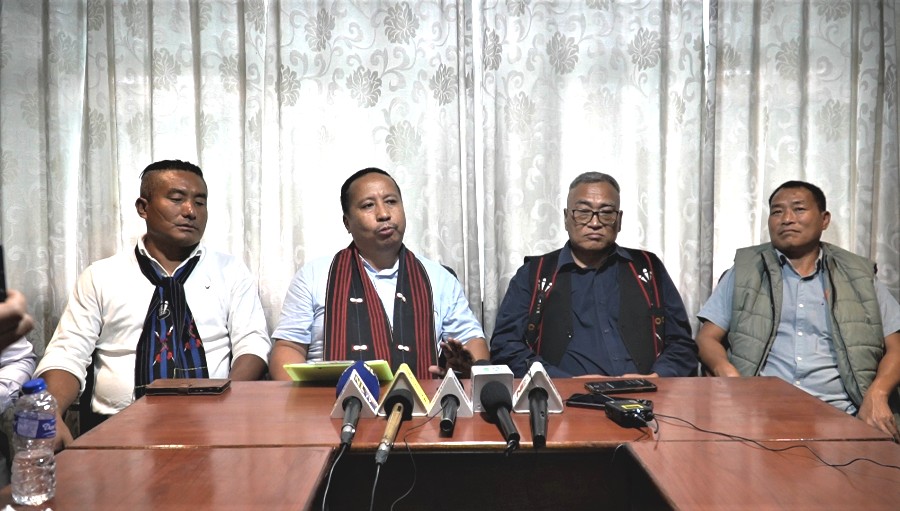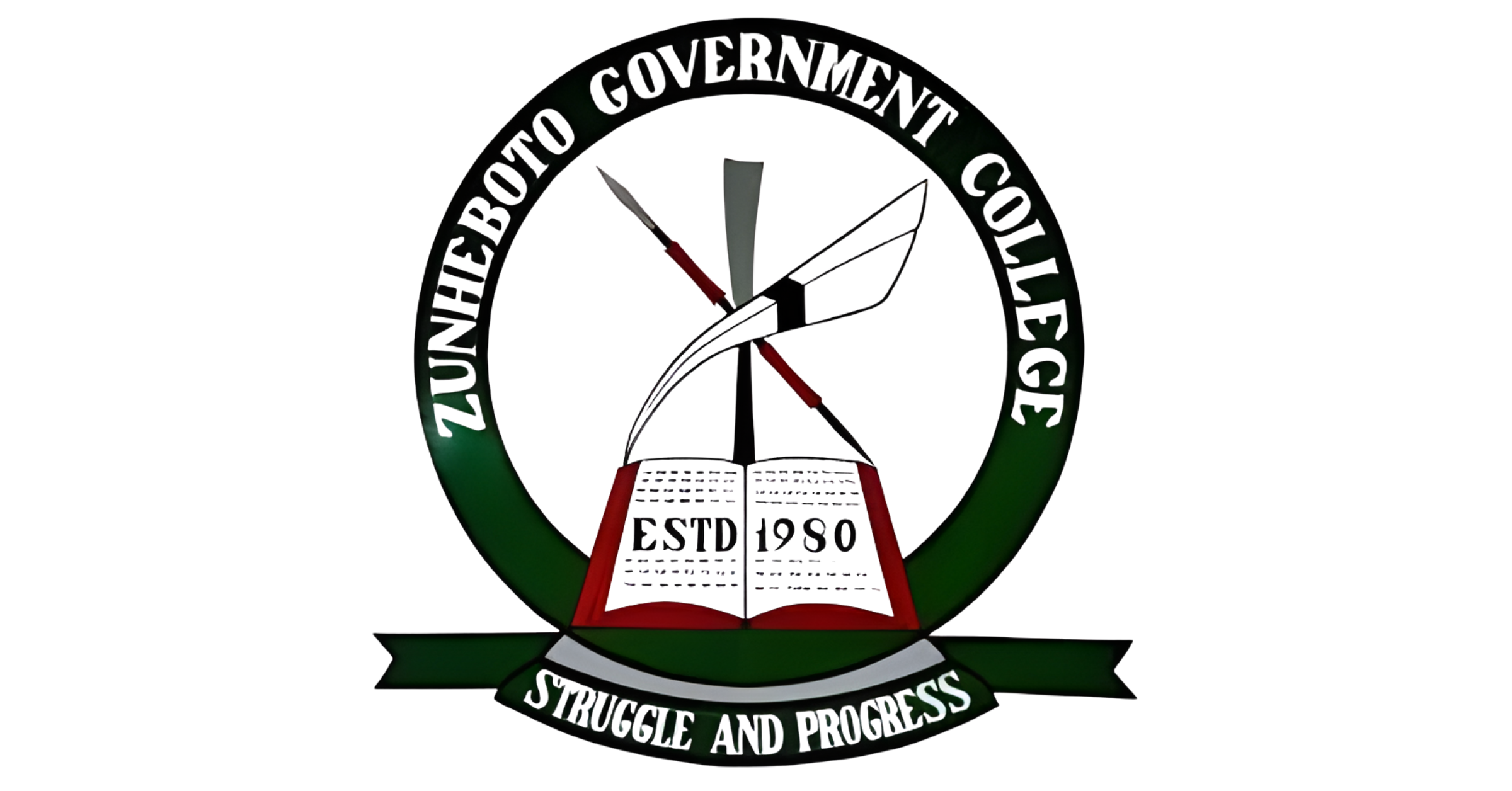The 5 Tribes Committee on Review of Reservation Policy has harshly criticised the Nagaland government’s decision to form a Reservation Review Commission, calling it a mere repetition of earlier promises that ignores their fundamental demands.
The committee expressed outrage over what it termed the government’s partisan approach to addressing the state’s long-standing reservation policy debate.
Committee rejects cabinet decision
Following the State Cabinet meeting on 6 August, the 5 Tribes CoRRP dismissed the outcome as nothing more than “a repetition of their 12th June 2025 meeting.” The committee accused the government of deliberately overlooking their core demands while proceeding with a commission structure that includes civil society organisations like CNTC, ENPO, and TUN as members.
The committee particularly took issue with the government spokesperson’s media briefing, where Minister Kenye defended the state’s 48-year-old indefinite reservation policy.
According to the 5 Tribes CoRRP, the spokesperson presented “wild imaginary figures” regarding government employment statistics and inappropriately linked the commission’s findings to the upcoming national census. This approach, they argued, added further insult to their ongoing movement for policy reform.
Also Read: Nagaland cabinet raise alarm over centre’s FNT Article proposal
Government’s Commission Structure Draws Criticism
The newly approved seven-member Job Reservation Review Commission will be headed by a retired senior IAS officer from the Nagaland cadre, selected based on integrity and administrative experience.
The commission includes three government officials from the Personnel & Administrative Reforms Department, Home Commissioner’s office, and Law & Justice Department. Additionally, three members will represent major tribal apex bodies – Eastern Nagaland Peoples’ Organisation, Central Nagaland Tribes Council, and Tenyimi Union Nagaland.
Minister Kenye explained that the government remains neutral amid conflicting views from various groups who have submitted memoranda and organised street protests. He acknowledged significant disparities in current population and employment ratios, necessitating the commission’s formation to address both minor and major concerns. The selection process for the chairman involves consultation with the Chief Secretary and Chief Minister, prioritising seniority and stature.
Terms and future action plans
The commission will operate with a six-month tenure from its appointment date, with possible extensions if necessary. Members are expected to possess extensive experience and integrity, capable of delivering justice in their review process. The government has expressed preference for including at least one non-indigenous official among the three government representatives to ensure balanced perspectives.
The commission will establish its own terms of reference and review all suggestions related to the existing reservation policy. Their final report will be submitted to the Cabinet for consideration and further review.
Also Read: Lottery replaces merit as PPU names principals for 10 colleges
Minister Kenye noted that implementation would likely coincide with the nationwide census, including the caste census, which will significantly impact governance decisions across India.
CoRRP announces next steps
In response to what they perceive as governmental indifference, the 5 Tribes CoRRP has announced plans for a joint sitting with the five apex tribal bodies to determine their next course of action. This decision signals the committee’s intention to escalate their movement beyond formal government channels.
The committee’s statement reflects deep frustration with the government’s approach to addressing reservation policy concerns that have dominated public discourse for decades. Their criticism centres on the perception that the government continues to avoid addressing fundamental issues while creating commissions that may not deliver meaningful change to the current system.




